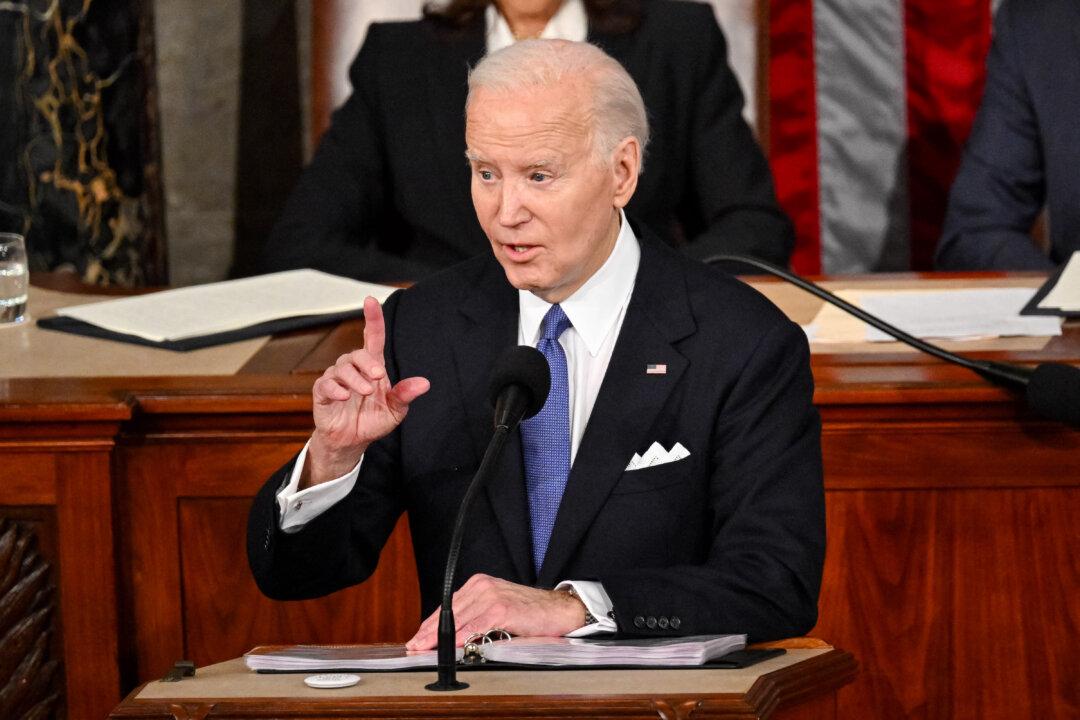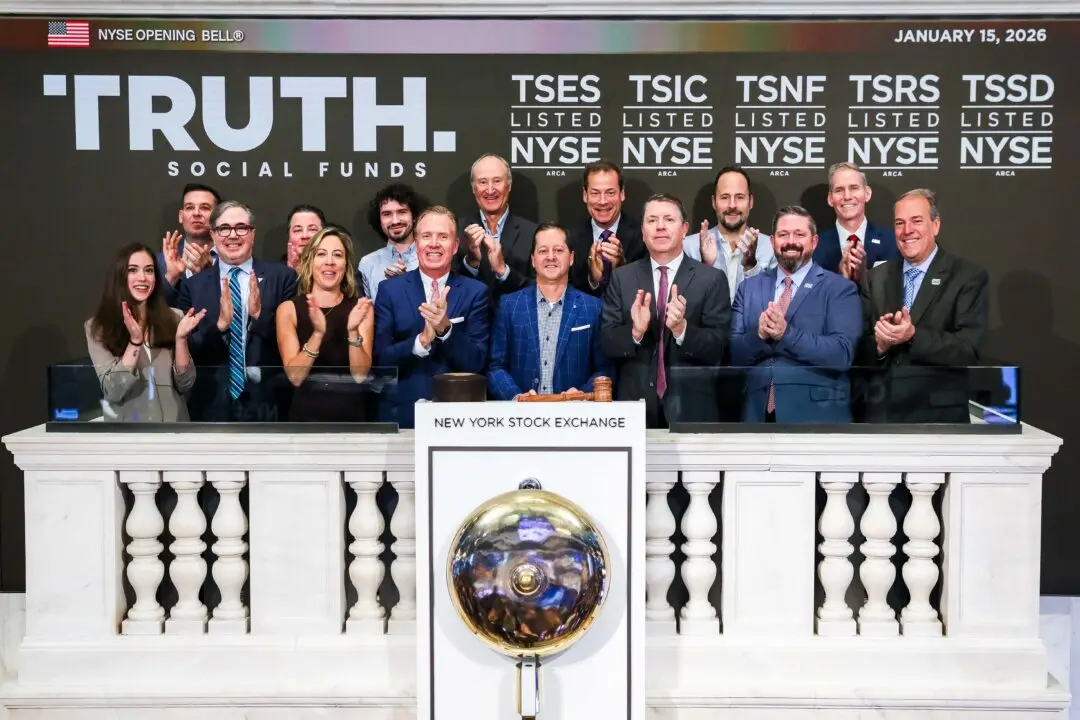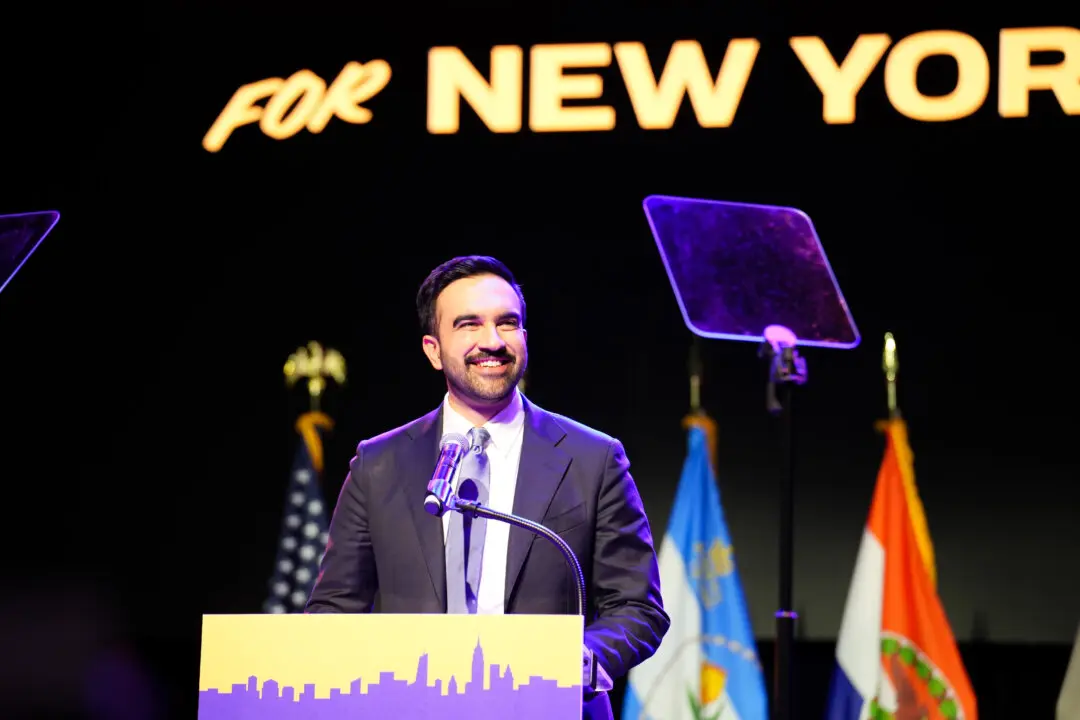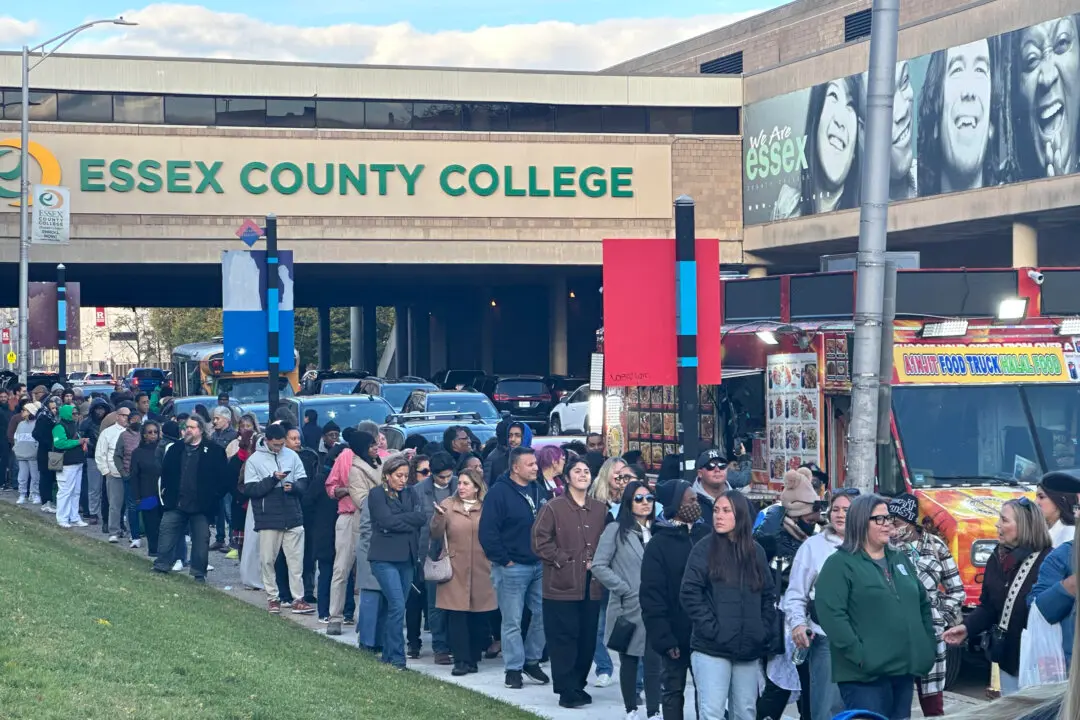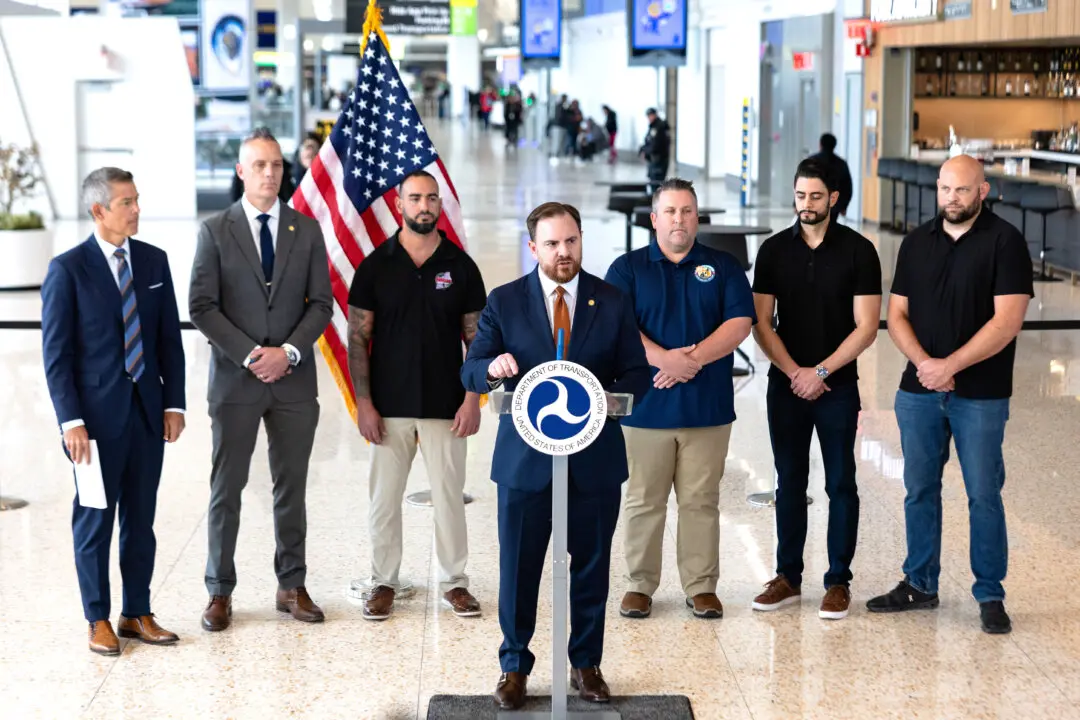The U.S. League of Women Voters and several individual New Hampshire voters have sued a New York political consultant for allegedly funding robocalls that recreated President Joe Biden’s voice using artificial intelligence.
New Hampshire residents were allegedly told by the fake voice not to vote in the state’s Jan. 23 primary.
